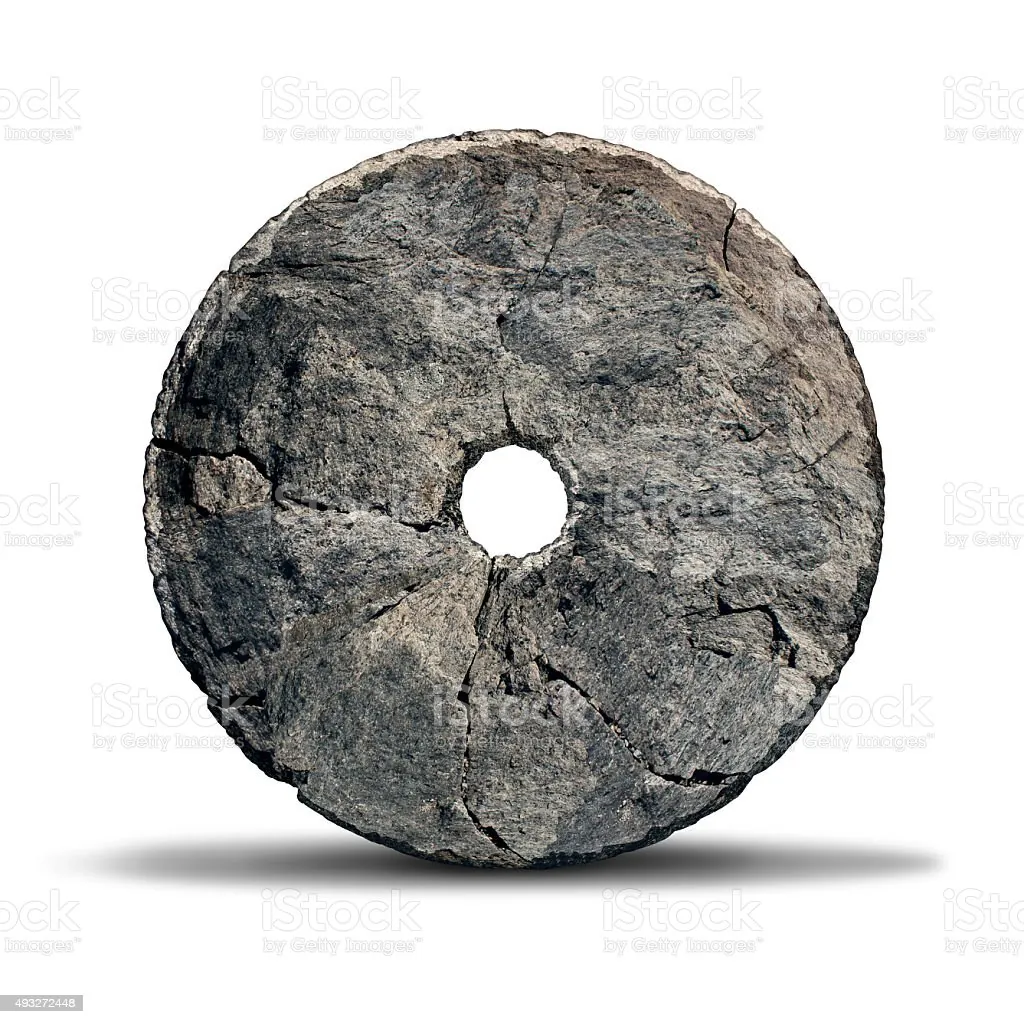omfalos
Nonexistent good post history.
User ID: 222
The different races in LOTR roughly correspond to different European nationalities. Hobbits are British. Elves are either Finnish or they represent Christian clergymen. Dwarves are Jewish. Men of Rohan are German. Men of Gondor are Italian. Orcs are Hunnic, Hungarian or Turkic.
Ban anonymous browsing of the internet. Publicly broadcast all internet users' media consumption habits.
How about this for a mascot?
https://www.deviantart.com/klaatu81/art/Cartoon-Chess-Pieces-596793102
Eventually I developed the ability to relax muscles at will even if they were tense from stress.
Can anybody else do the thing where you try to relax the all muscles in your body and you feel a buzzing, tingling sensation?
Exploring the Set of all Possible Story Ideas
There are a set of tropes which one may call woke tropes that seem ubiquitous in television and movies. Genius women vs. stupid men, black heroes vs. white villains, mixed race families with a black father and a white mother. They seem ubiquitous, though perhaps they only seem that way because they stick out more than the polar opposite tropes. Has there ever been an attempt to quantify the prevalence of particular tropes in television and movies? Somebody posted a compilation of "anti-white propaganda" in the SSQS, which was rebutted with a random sampling of Superbowl commercials that were not noticeably anti-white. Many people here agree that woke tropes are overrepresented in Wheel of Time and Rings of Power. It seems to me that woke tropes are a real phenomenon, but the question is why... and relative to what?
To truly quantify the overrepresentation of tropes would require taking the set of all existing television shows and movies and seeing where they fit within the Set of all Possible Story Ideas. For every television show with a black hero and a white villain, there is a polar opposite show with the races reversed that never got made. Some spaces within the Set of all Possible Story ideas have been explored thoroughly, while others are unexplored. Books with protagonists that are professional writers seem pretty well done-to-death. Plays set in New York City, plays-within-plays, movies set in Los Angeles, movies about making movies. These ideas have all been thoroughly explored because authors and screenwriters write what they know. One explanation why movies and television have woke tropes is because professional writers live in New York and Los Angeles and know a lot of genius women and genius black people in real life.
By contrast, a novel which captures the inner life of a mentally retarded person is elusive and largely unexplored. Writing a book is beyond the means of most mentally retarded people, and professional writers have trouble portraying characters who are so vastly different from themselves. Even the lives of ordinary people are largely unexplored, because ordinary people do not write novels, and professional writers have trouble writing ordinary characters. It is easier to create a clown or a buffoon than it is to write an accurate depiction of a person with slightly below average intelligence. Another reason why stories about ordinary people are unexplored is because audiences demand stories that are extraordinary. There is a realm of possible story ideas that do not get explored because they are boring to audiences. Every person's life is a possible story, but most people's lives are not extraordinary. Audiences will not see a movie about a store clerk who does not have a wicked sense of humor and does not get up to crazy hijinks.
A writer can take an ordinary story and make it extraordinary by tweaking a number of variables. A natural or man-made disaster can be added to an ordinary situation to make it extraordinary. In a sporting event between a strong team and an underdog team, it is ordinary for the strong team to win and extraordinary for the underdog to win. By definition, underdogs should lose more than fifty percent of the time, but a survey of television and movies would reveal an underdog win rate approaching 100%. The underdog trope is an inherent feature of story-telling since it is the most basic way make an ordinary story extraordinary. Many of the tropes I called woke tropes can be seen as variations of the underdog trope. Maybe the reason writers have genius women vs. stupid men and black heroes vs. white villains is because they think of these as extraordinary role reversals of the ordinary state of affairs in real life. Or at least, they think they are subverting the expectations of the audience.
But it seems like audiences are getting tired of having their expectations subverted over-and-over again. Have audiences become so fatigued by underdog stories that they will pay to see the Bad News Bears lose to the Yankees? Or pay to see an intelligent white male hero triumph over a stupid black villain? Probably not. I think the underdog trope is an inherent feature of story-telling that television and movies will never escape from, and woke tropes will continue to be featured as variations of the underdog trope. I think the solution for people who are fatigued by woke tropes will come from AI story generators. AI story generators work for free and do not have to worry about writing stories that will draw in audiences. That means they can explore regions of the Set of all Possible Story Ideas which are less extraordinary and less laden with tropes. AI story generators will also just produce massive quantities of stories. Regardless of whatever woke biases or trope-seeking behaviors are programmed into them, the sheer quantity of stories generated will result in the Set of all Possible Story Ideas becoming more fleshed out and explored. Maybe most of these stories will never be adapted for television or made into movies. But when audiences tune on their television and see Genius Black Lady #3547 triumphing over Angry White Man #7821, maybe they will draw some comfort knowing that an AI story generator created a simulated universe containing billions of stories where the underdogs lose most of the time.
- Prev
- Next


It would be cool if the Supreme Court had the ability to initiate national referendums on court cases or to convene citizens' assemblies via sortition.
More options
Context Copy link